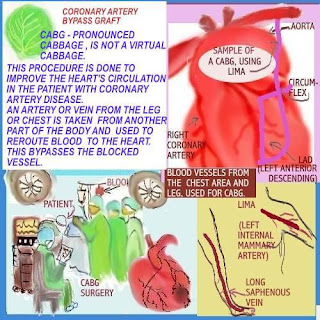BRAIN INJURY AND ICP
Dear nurses,
Did you know that a patient who has sustained injury to the
head , may require ICP monitoring? Swelling to the brain due
to injury, may cause deterioration in the neurological status.
Quick intervention may be necessary to protect the brain.
The outcomes may be good or bad. Learn more by
clicking on the link:
Brain injured patient and ICP

















